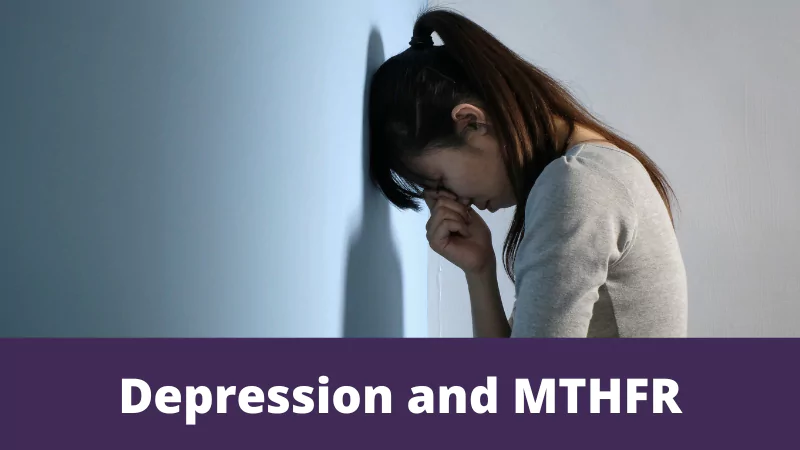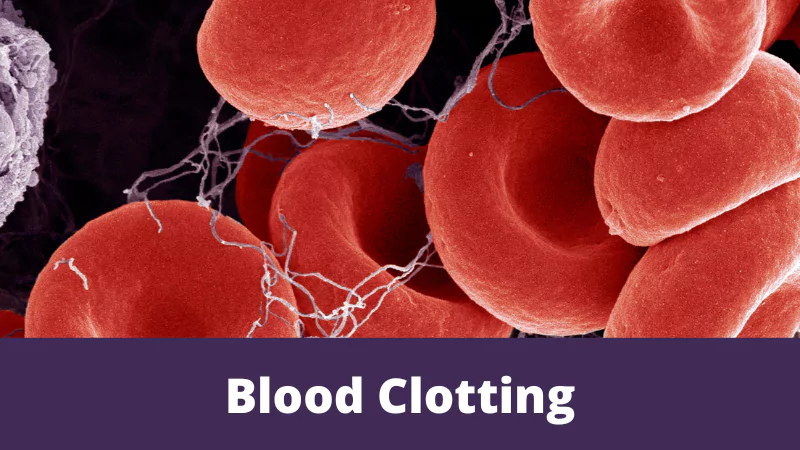The Link Between Depression and MTHFR
Media attention has increased lately with the acknowledgement that high profile celebrities like Ian Thorpe and Charlotte Dawson have suffered greatly with depression. We have to ask ourselves why it seems so prevalent now. Are we detecting it more? Are we acknowledging it more?
No, I believe that the lack of folate plays a big part in this. We know that roughly 45% of the population is living with a MTHFR mutation. This means that folate levels are going to be low. If we include our folate-depleting lifestyles of high stress, high anxiety, lack of good nutrients, high alcohol then, then no wonder our folate is struggling!
All these factors above decrease our B vitamins levels to begin with, but it is again further compounded by a MTHFR mutation thrown on top of it – we can see it becomes really hard to catch a break!
In 2008 Stopien and his colleagues found that women who had the 677T mutation had a 3.47 increased risk of developing depression once they reached menopause (Article Here). That’s huge. Earlier this year another study found that if you have low folate, high homocysteine levels and you combine it with an MTHFR C677T mutation; you are then more likely to have a major depressive disorder. This also was a major cause of having a higher BMI (Article Here).
So what are we doing to ourselves? We work too hard, we drink too much, we don’t cook good food like our grandparents used to eat, we have an increased percentage of the population that has an MTHFR mutation and so we have a cocktail for disaster.
I once read that if you put everyone on a good methylfolate supplement that was in a mental institution then half of them would probably walk out in a few months. I really wonder how true that might be.
Folate, Depression and MTHFR: food for thought isn’t it?









